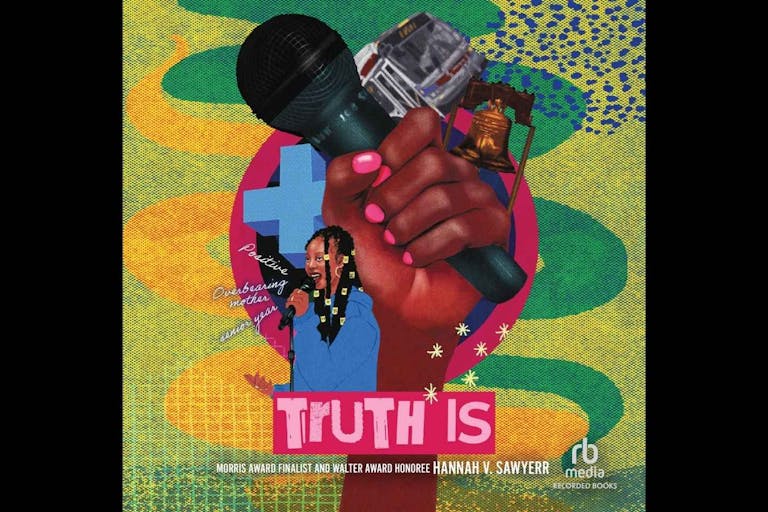
New young adult book promotes abortion
Cassy Cooke
·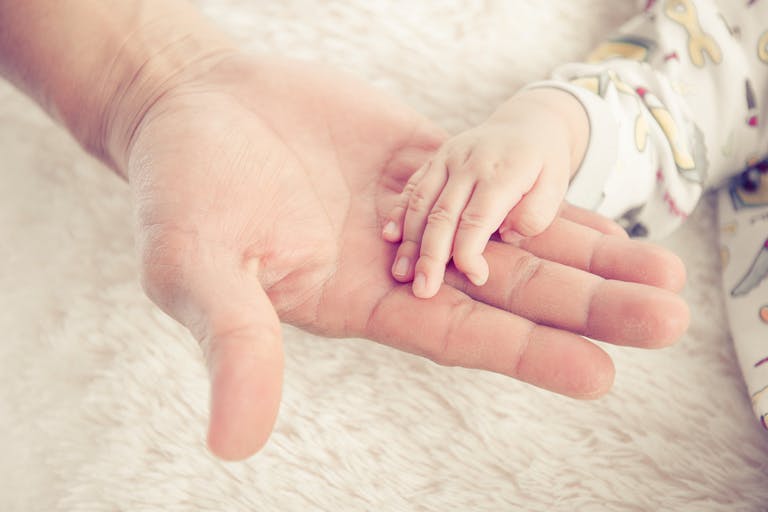
Pro-life pastor describes his mother’s pain after her abortion
In a 2014 article in First Things entitled “My Mother’s Abortion”, a pastor whose mother aborted his sibling gives a moving testimony and a plea for postabortion women to come to terms with their abortions and seek healing.
Pastor Bob Vincent describes how his mother aborted his sister, who she later named Nancy. Vincent says:
Early in my ministry as a pastor, my mother told me she’d had an abortion. It was for medical reasons, but it had haunted her down the corridors of her mind. She knew better than most people what was involved back then because she had taught obstetrical nursing at Vanderbilt University.
My brother was born in 1939, and in between him and me, she had conceived a little girl whom she and my father named “Nancy.” Their family physician and fellow Presbyterian, Dr. Bill Evans, advised her to let him take little Nancy before she was born—that’s how they knew that the baby was a little girl.
The abortion was done under the pretext that it was “medically necessary.” However, this did not stop Pastor Vincent’s mother from mourning deeply for her lost child:
I have no idea whether this abortion was medically necessary back then or not; it was during World War II. I only know how this abortion affected my mother the rest of her life. She never got over it. Dr. Evans had killed her baby, and she had consented. She talked about it with me before Daddy died, and she talked about it as an elderly woman.
Pastor Vincent witnessed his mother’s lifelong grief. He says:
My mother didn’t need all her scientific knowledge to feel what she felt and be haunted by it for decades. What she felt when she knew she was pregnant was the presence of another human being. And when Dr. Bill aborted her baby, she felt her absence—a quiet but profound emptiness. And it never left.
Vincent has also counseled many women who have had abortions. He approaches them with love and compassion which can be clearly felt in his words.
Article continues below
Dear Reader,
In 2026, Live Action is heading straight where the battle is fiercest: college campuses.
We have a bold initiative to establish 100 Live Action campus chapters within the next year, and your partnership will make it a success!
Your support today will help train and equip young leaders, bring Live Action’s educational content into academic environments, host on-campus events and debates, and empower students to challenge the pro-abortion status quo with truth and compassion.
Invest in pro-life grassroots outreach and cultural formation with your QUADRUPLED year-end gift!
He describes the guilt that they express to him:
There is no easy way to get rid of guilt. You can’t shove it down and pretend it’s not there. You can’t reason it away. Like midnight reflux of the soul, it comes up when you least expect it, when you are least prepared to deal with it. While you’re lying in bed, half-awake–half-asleep, there it is, wafting out of your subconscious mind and dancing before you, only to disappear again before you can wrap your rational mind around it. Sometimes it comes in your dreams. Sometimes when you are attempting to pray. There it is as a waking vision, blotting out the sun, bringing on the cheerless and withering cold when the sunshine of cheerfulness should be beaming down on you.
As a pastor, Vincent encourages women to turn to religion in order to find peace. He tells them that they must first acknowledge the painful truth, that they have been an accomplice to the killing of their own child. As harsh as this sounds, he believes this is the first step on the road to healing. He is not alone in this: many pro-life ministries also encourage women to acknowledge the reality of the abortion(s) in their lives, to admit to themselves what abortion means for preborn children.
As a means of coping, Vincent encourages women to ask God to take care of their babies in heaven. He then encourages them to accept God’s forgiveness as expressed in Christian doctrine. Some women do find healing and comfort through religious conversion and prayer. Using religious belief as a method of coping with abortion is a common strategy that pro-life healing ministries employ. Vincent, as a pastor, encourages this route to healing.
While Pastor Vincent’s message is primarily aimed at women who have had abortions, his article contains a powerful message to pro-lifers as well. Pro-lifers should remember that when we speak out against abortion or advocate for laws against it, we are defending women as well as preborn children.
Abortion kills babies, but it scars women too. It is the women who have to live with the guilt and grief in the aftermath of their abortions. Ministries geared towards helping women heal are a valuable part of the pro-life movement, but even pro-lifers involved in other pro-life activities can know that they are working to spare women from the trauma of abortion. Pro-life activism helps women too.
Live Action News is pro-life news and commentary from a pro-life perspective.
Contact editor@liveaction.org for questions, corrections, or if you are seeking permission to reprint any Live Action News content.
Guest Articles: To submit a guest article to Live Action News, email editor@liveaction.org with an attached Word document of 800-1000 words. Please also attach any photos relevant to your submission if applicable. If your submission is accepted for publication, you will be notified within three weeks. Guest articles are not compensated (see our Open License Agreement). Thank you for your interest in Live Action News!

Cassy Cooke
·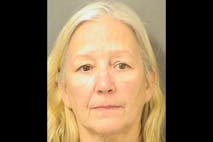
Issues
Bridget Sielicki
·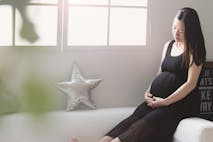
Issues
Angeline Tan
·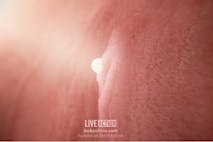
Issues
Nancy Flanders
·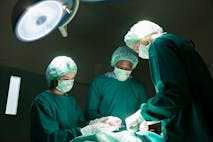
Issues
Wesley J. Smith
·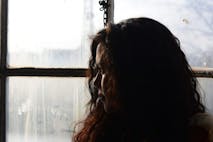
Issues
Michael J. New
·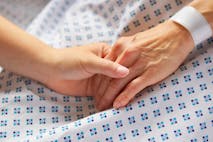
Guest Column
Sarah Terzo
·
Abortion Pill
Sarah Terzo
·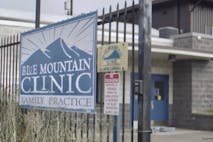
Guest Column
Sarah Terzo
·
Guest Column
Sarah Terzo
·
Guest Column
Sarah Terzo
·